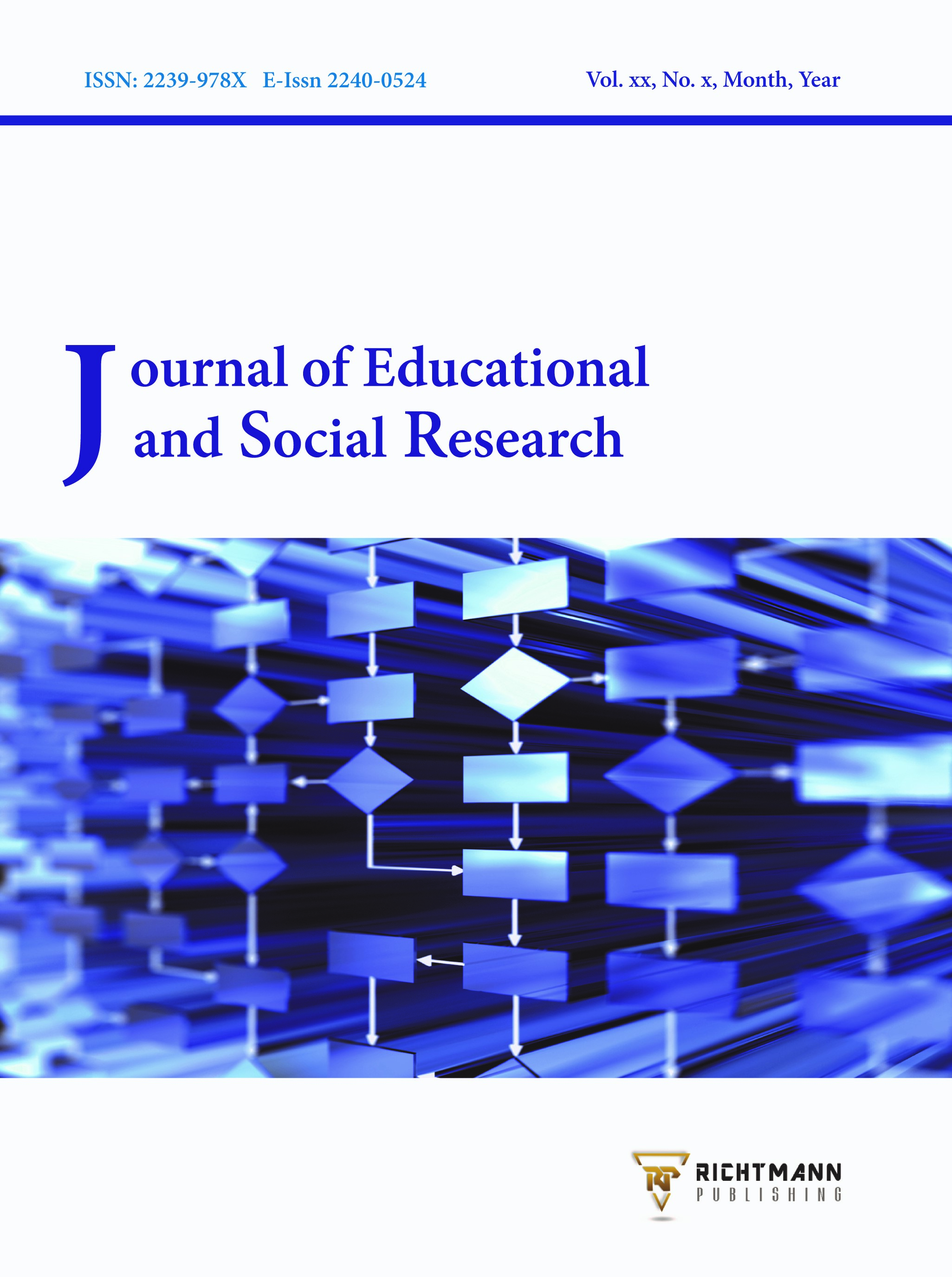Describing the Relationship Between Role Conflict and Student Satisfaction with Educational Services: A Case Study of Business Faculty in a Higher Education Institution in UAE
DOI:
https://doi.org/10.36941/jesr-2023-0122Keywords:
Role Conflict; Student Satisfaction, Education Service; Business Faculty; Higher Education; Case Study AnalysisAbstract
In the competitive setting of higher education, institutions are continuously trying to maximize student satisfaction, recognizing its’ pivotal role in attracting prospective students through positive word-of-mouth. In order to do so, it is crucial the higher educational institutions to determine the factors that influence on students’ satisfaction with educational services. Only, by knowing what factors determine students’ happiness, the higher educational institutions can introduce policies and measures that will improve students’ satisfaction. This research investigates the unexplored dimension of student satisfaction by investigating the complex role between role conflict and demographic factors, and their combined impact on student satisfaction with educational services. The central research question driving this study is twofold: First the paper investigates how role conflict, particularly family/study and work/study conflicts shape undergraduate students' satisfaction with the educational services provided by the university's Business Faculty and additionally the research studies how the timing of data collection within the academic semester influences the level of satisfaction with extracurricular activities? In order to get more reliable results, the significance and the strength of the relationship between the satisfaction with service provision factors is studied, including advisory system, first-year course structure, study and family balance, and faculty extra activities; and the demographic factors that are possibly causing a role conflict with being a student role. The semester at which the student is sampled during the data collection period of this study is also examined in relation to the level of satisfaction with extra activities of the faculty. Employing a comprehensive case study approach, we focus on a prominent higher education institution in the UAE, specifically within the Business Faculty. Our research design centers on both survey data collection and subsequent analysis, executed through an online survey distributed to 200 respondents. After careful data cleaning, a final sample size of 100 respondents was utilized for robust analysis. To get the most accurate results we have applied the simple Pearson correlation method. The results of the correlation analysis reveal a significant relationship between perception of the first-year courses and the marital status of the student and the semester in which the student is studying. The study also found significant correlation between the study and family balance and the working conditions and marital status, and significant correlation between the semester in which the student is studying and the school extra activities. These compelling insights prompt many implications. Firstly, they underline the critical nature of role conflict as a determinant of student satisfaction, shedding light on demographic factors that can trigger such conflicts. Secondly, the findings boost the formulation of an actionable roadmap for enhancing student satisfaction, urging the institution to consider tailored interventions that address role conflict dynamics. Lastly, this research reveals ground for future inquiries, encouraging deeper investigations into role conflict's nuanced influence on diverse student segments and extending the scope to other faculties and institutions.
Received: 9 May 2023 / Accepted: 24 August 2023 / Published: 5 September 2023
Downloads
Downloads
Published
Issue
Section
License

This work is licensed under a Creative Commons Attribution-NonCommercial 4.0 International License.
This work is licensed under a Creative Commons Attribution-NonCommercial 4.0 International License.









